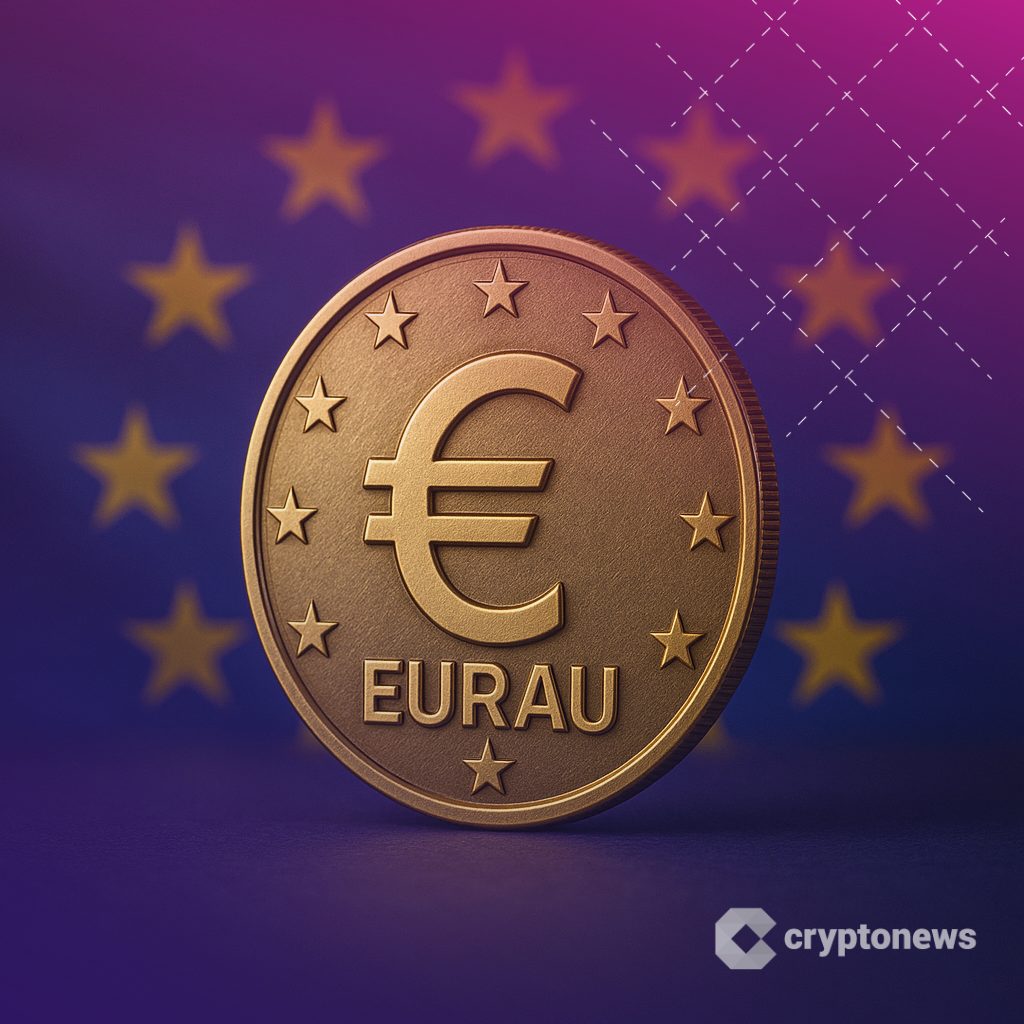Vitalik Buterin Warns Against Ideology Overload in Blockchain – Here’s His Two-Part Fix
Key Takeaways:
- The discussion intersects with how blockchain projects engage with financial regulators, especially in markets requiring compliance-first design.
- Similar tensions between philosophical and empirical approaches are seen in other tech sectors, such as AI safety and open-source governance.
- Hybrid governance models may become essential for interoperability between blockchain networks and traditional financial systems.
Ethereum co-founder Vitalik Buterin outlined his views on the relationship between idea-driven and data-driven thinking in crypto governance, in a blog post published on August 12.
Buterin described “idea-driven ideas” as those that begin with a broad philosophical framework, such as valuing decentralization or skepticism of authority, and derive specific strategies from it. In contrast, “data-driven ideas” begin without preconceptions and form conclusions based on analysis.
Idea-Driven and Data-Driven in Blockchain
He said both approaches are necessary, arguing that “the world is too complex to ‘pragmatically reason through’ every single decision” and that recurring intermediate steps, such as established principles, help guide action.
At the same time, he cautioned against allowing instrumental goals to turn into ends in themselves.
Buterin noted that ideology can serve a role in social coordination by giving communities a consistent point of reference, reducing reliance on specific leaders.
“Principles are effective at serving as a brake,” he wrote, preventing shifts in priorities that may arise from overreliance on consequentialist arguments.
However, he warned that overcommitment to ideology can distort decision-making, leading people to reject workable solutions that do not fit their preferred framework. Examples he cited include environmental advocates who dismiss technical climate solutions or blockchain proponents who oppose non-crypto approaches to similar problems.
Vitalik Buterin Proposes Two Solutions
He proposed two measures to balance these modes of thinking. The first is a “data-driven choice of idea-driven ideas,” where themes guide hypothesis generation but decisions rely on empirical evidence. The second is prioritizing principles over ideology, with principles acting as boundaries rather than totalizing doctrines.
According to Buterin, this balance can help crypto and other decentralized systems maintain both adaptability and focus, avoiding pitfalls of purely pragmatic or purely ideological approaches.
For blockchain developers, policymakers, and institutional participants, these ideas carry relevance beyond Ethereum.
The tension between philosophical commitments and evidence-based action is increasingly visible in the design of governance models, the selection of consensus mechanisms, and the regulatory strategies adopted by emerging networks.
Frequently Asked Questions (FAQs)
Projects operating under strict compliance frameworks may benefit from integrating principle-based safeguards with evidence-driven operational decisions to meet both community and legal expectations.
Yes. The same balance between ideology and data is relevant in AI policy, climate tech, and collaborative software development.
By aligning principle-based trust guarantees with verifiable performance metrics, blockchain projects may improve credibility with banks, regulators, and institutional investors.
También te puede interesar

U.S. stock market closed: All three major stock indexes closed up more than 1%

EURAU Stablecoin Debuts: Deutsche Bank, Galaxy Launch Europe’s First MiCA-Regulated Euro Token
